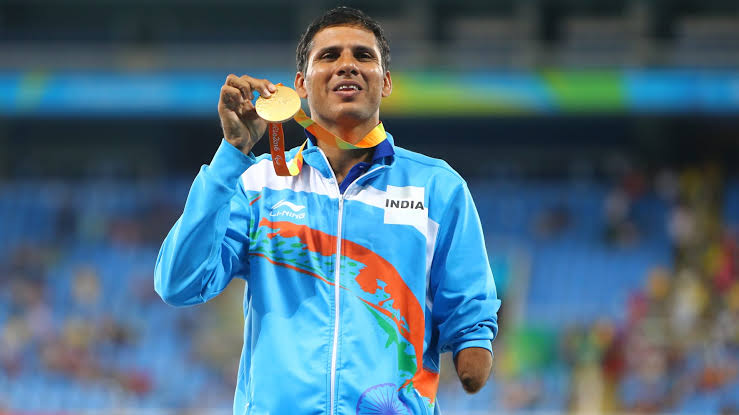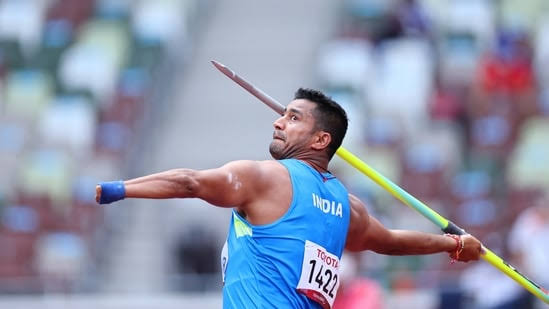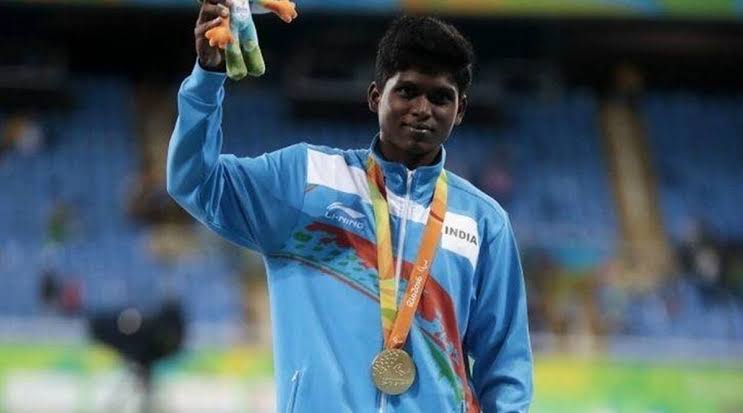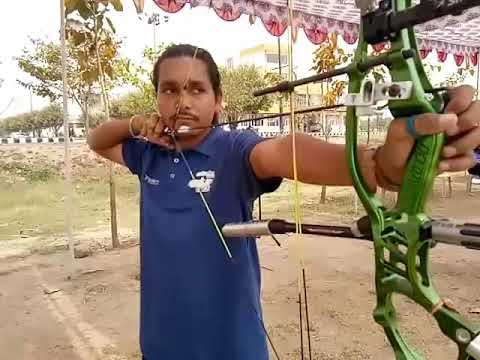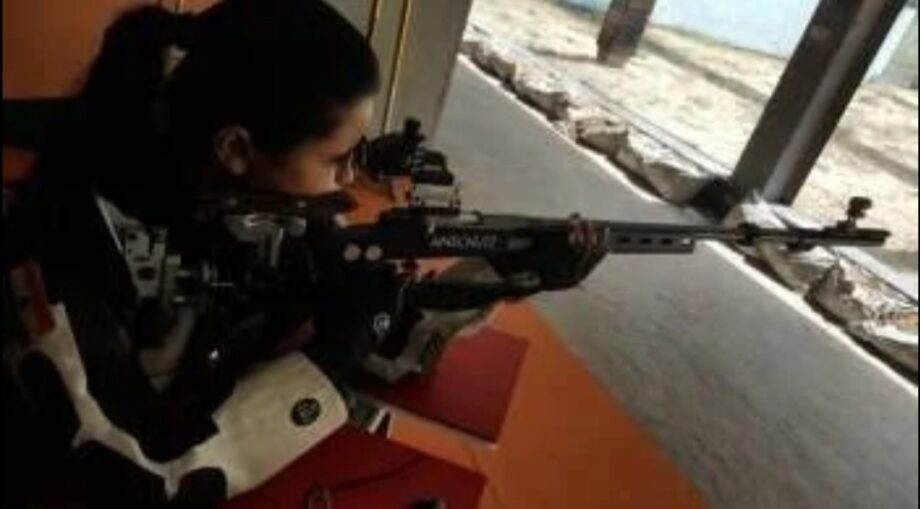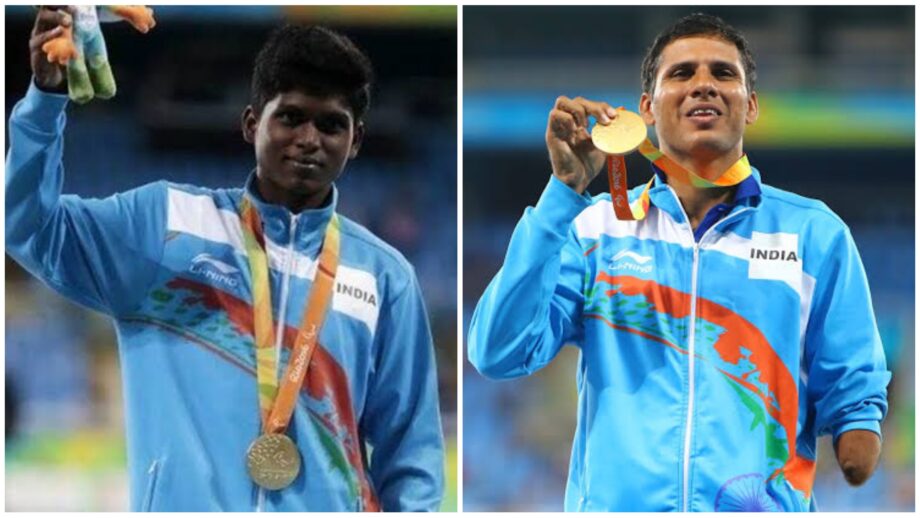Sundar Singh Gurjar has traveled the length and breadth of the globe. Gurjar, a member of the Rajasthan State Sports Council, began winning national age-group medals in the javelin throw with a steely ambition to join the Army. That is until an iron sheet went through his left hand and severed it off.
“It felt like my entire existence ended right there,” Gurjar said of the incident in 2015 when he was 19 and helping a friend in Jaipur bring down the sheets. “I went from being a fauji (armyman) to becoming a bechara for people.”
Gurjar went from being an able-bodied athlete to becoming a para-athlete. It took him about a year to comprehend the information, as well as his body. “As an able-bodied athlete, I felt in control of things even though I had lost my left hand, which was my non-throwing arm. Suddenly, I had to fight with my mind first, then with my body, then with my body to prepare to become an athlete again, and ultimately with my body to fight on the ground,” Gurjar explained.
Gurjar’s battle, which culminated in a Paralympic bronze in the javelin throw F46 category in Tokyo, demonstrates what nearly every para-athlete must overcome—both inside and externally.
Every Indian Paralympian who has won a medal in Tokyo, and even those who haven’t, has gone through various stages of that struggle. Some are sad, some are hopeful, and some are even angry.
